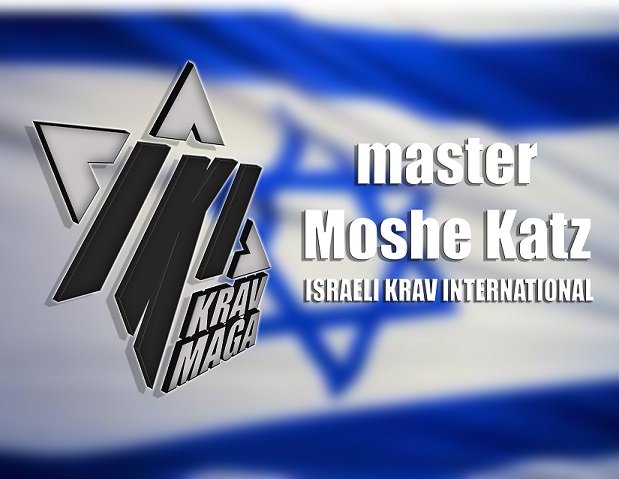- Home
- Krav Maga Blog
- Krav Instructors
- Train in Israel
- Tour Train Israel
- Krav Shop
- DVD
- Kickboxing
- IKI Near Me
- Seminars
- IKI Membership
- On-Line Training
- Krav Maga Training
- Testimonials
- History Krav Maga
- Instructors Page
- Past Blogs
- Spanish
- Italian
- Certification
- Contact
- Holland Seminar
- Vienna Seminar
- Poland Seminar
- Italy Seminar
- Belt Requirements
The Road to Peace
BY MOSHE KATZ
CEO
ISRAELI KRAV INTERNATIONAL
September 22-26, 2024, Halle, Berlin, Germany
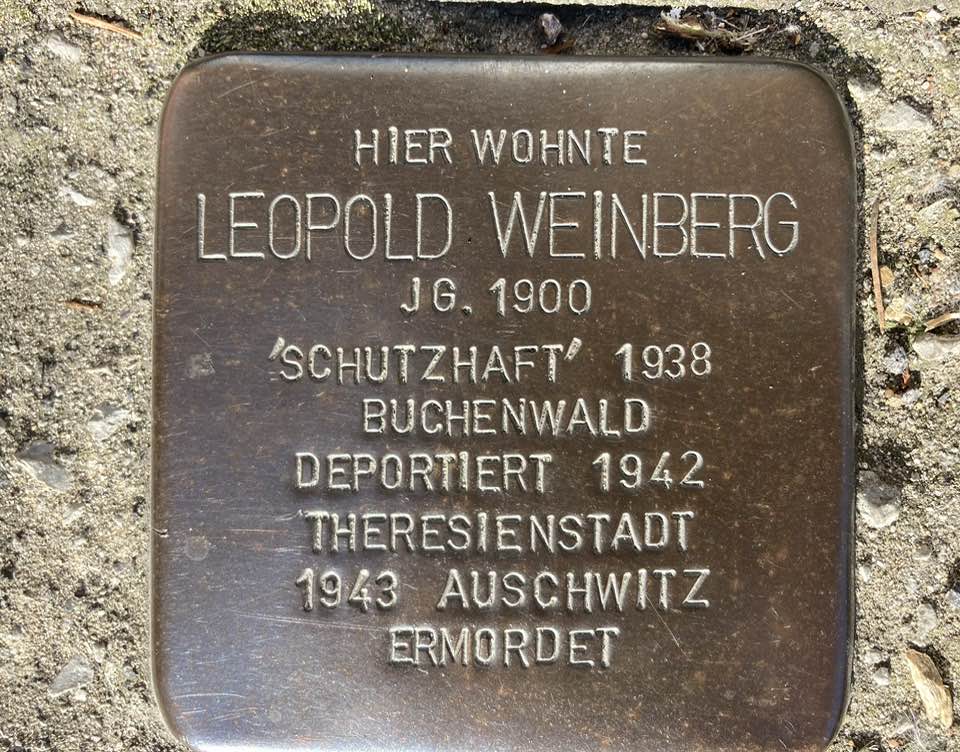
A stolperstein, stumbling stone, in Halle Westfallen, Germany
I believe the road to peace is a road we travel on. I believe the obligation to create peace is upon us, the ordinary inhabitants of this world. Great summits have their place, but true peace comes through the interaction of ordinary people doing ordinary acts of kindness and understanding. I have long advocated my "One cup of coffee at a time" peace plan, i.e. two people, be they a Jew and a Muslim, any two people with a history of conflict, sitting together, seeing each other as human beings with more in common than in conflict, getting to know each on a personal level. This leads to peace, it is indeed a slow process, but nothing else has ever worked, so we begin, slowly, one person at a time. Be patient.
We follow the Biblical directive, Pray for peace but prepare for war. I am not naive, I am a warrior by choice and profession, but side by side with warrior training one must strive for a better world or the best defense is to turn an enemy into a friend. Let us not lose hope.
During my trip to Germany, to teach Krav Maga self defense, I encountered random acts of kindness and displays of a true desire to overcome a very troubled past in hopes of a better future. Reliving the painful history of European Jewry is not only painful, it is heart-wrenching. I feel the pain of the past very deeply, it becomes a physical pain and a way of life, but yet one must hope. I look at a busload of young Germans, teenagers on some class trip. They can see me, and I am clearly identifiable as a Jew, I wonder, what are they thinking? Do they even notice me? Is there any awareness of the past or is it "normal" to see someone different? I don't know how they feel, or if they feel anything. Perhaps it was too long ago, perhaps there is no awareness, perhaps to them I am just some old guy with a beard and a funny little hat and a cool outfit with fringes hanging out. I do not know.
I watch people, I wonder. The past lives within me, every word, every city, is a reminder of something. In Halle we celebrate Shabbat, and I wonder about the small community that once lived here. I look up their names, find their homes marked by Stumbling Stones, Stolpersteine, We try to fix the mistakes of the past.
We sit and talk, some have never heard or understood the Jewish perspective on this, the pain, for me it is fascinating and educational to hear the other side, the pain, shame and confusion of those born into a history they did not create, they had no part of. What do they think? How do they feel? For some I see an extreme sensitivity. Anything that even hints of German nationalism is frowned upon, utterly rejected. And yet there are also others who feel it is time to reclaim their national pride and not live only with the shame and guilt of one period. German nationalism is on the rise. To understand the other, it is not easy. One cup of coffee at a time. Understanding, empathy, being willing to hear the other, to feel the other.
We stop at a coffee shop for a rest and a cup of coffee. In Germany the restroom costs one Euro, I don't have any change on me, neither does my host/friend/colleague Michael. Others see us stuck and try to help. A man comes along, perhaps in his 40's, tall, very strong looking, very European looking. His card also does not work, he looks for change, but he has only Złoty, the Polish currency. He is a Polish truck driver, using this major route, Road # 2 I believe, to transport his goods. Is he just a kind man wishing to help his fellow traveler? or is he conscious of the long, and often troubled relationship between Jews and Poles? In any event, his sincere desire to help someone as obviously Jewish as me touches me deeply, one cup of coffee at a time, on Euro for the toilet at a time, bridges to peace, healing and understanding.
Outside the synagogue, only partially restored, I see clear signs of bullet holes, a reminder of the brutal fighting that took place in Berlin at the end of the war. The empty space next to the synagogue is a reminder of the much larger edifice that stood here before the war. There was room for 3,200 worshippers, today there is a small room to accomodate the few Jews that come to pray. The past is never far behind.
Can we heal this troubled world?
We can try, one cup of coffee at a time, one kind word at a time, one act of kindness at a time. Sit and listen.
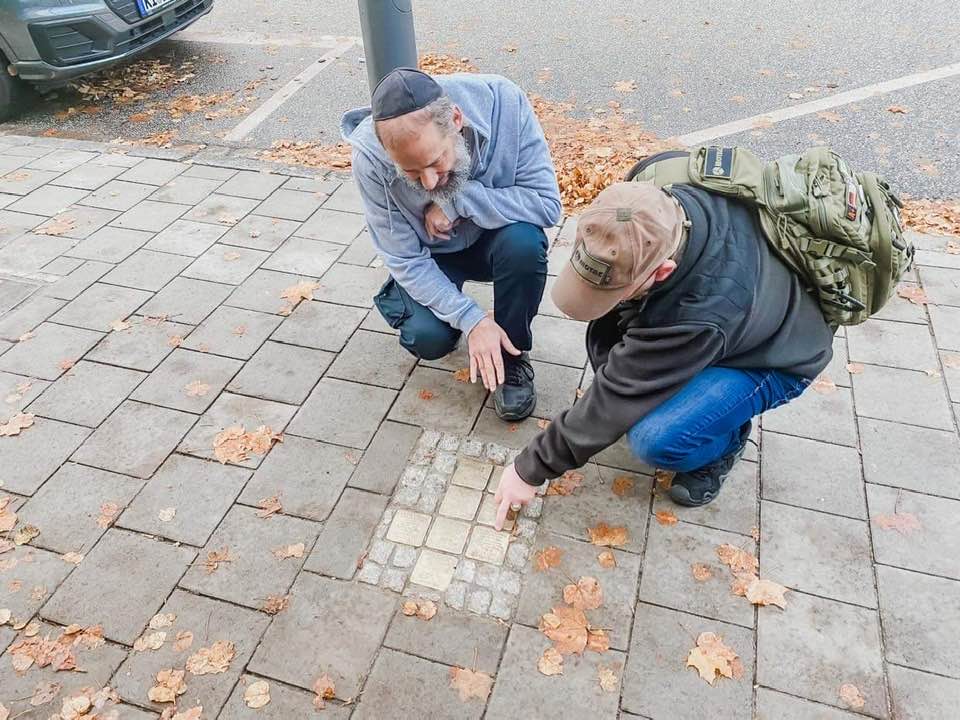
Looking at Stolpersteine, streets of Kiel, Germany
A Stolperstein is a ten-centimetre (3.9 in) concrete cube bearing a brass plate inscribed with the name and life dates of victims of Nazi extermination or persecution. Literally, it means 'stumbling stone' and metaphorically 'stumbling block'.
The Stolpersteine project, initiated by the German artist Gunter Demnig in 1992, aims to commemorate persons at the last place that they chose freely to reside, work or study (with exceptions possible on a case-by-case basis) before they fell victim to Nazi terror, forced euthanasia, eugenics, deportation to a concentration or extermination camp, or escaped persecution by emigration or suicide. As of June 2023, 100,000 Stolpersteine have been laid, making the Stolpersteine project the world's largest decentralized memorial.
The majority of Stolpersteine commemorate Jewish victims of the Holocaust. Others have been placed for Sinti and Romani people (then also called "gypsies"), Poles, homosexuals, the physically or mentally disabled, Jehovah's Witnesses, black people, members of the Communist Party, the Social Democratic Party, and the anti-Nazi Resistance, the Christian opposition (both Protestants and Catholics), and Freemasons, along with International Brigades soldiers in the Spanish Civil War, military deserters, conscientious objectors, escape helpers, capitulators, "habitual criminals", looters, and others charged with treason, military disobedience, or undermining the Nazi military, as well as Allied soldiers.
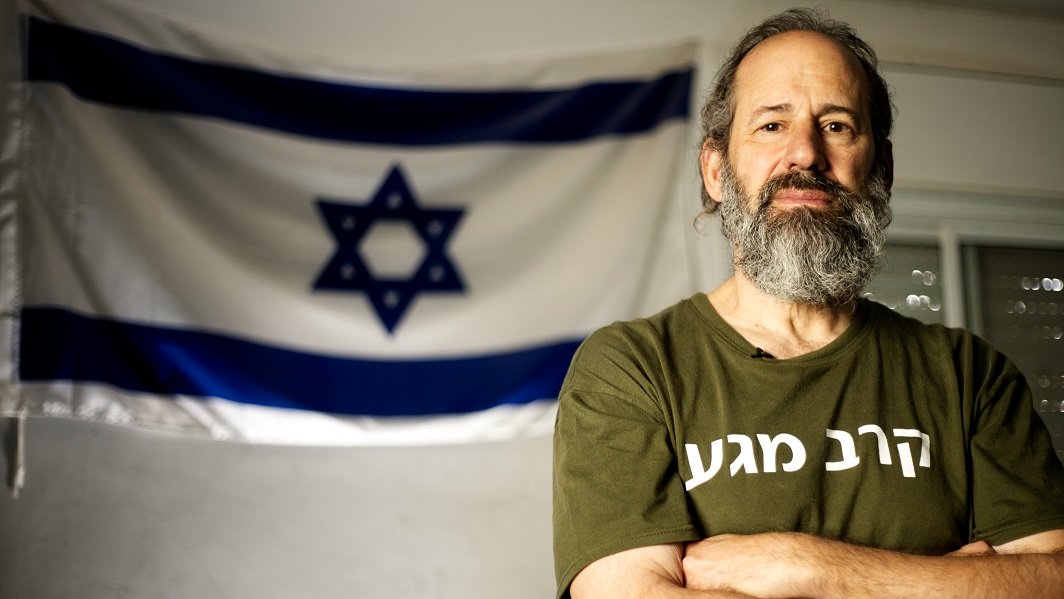
Moshe Katz, 7th dan Black Belt, Israeli Krav Maga. Certified by Wingate Institute. Member Black Belt hall of fame, USA and Europe.
Understand the Israeli Fighting Mentality - Israel a Nation of Warriors by Moshe Katz
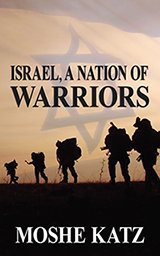
What is the cultural background of Krav Maga? What makes it unique? What makes the Israeli military so effective? Why are Israeli security systems used all over the world?
What are the Biblical origins of Krav Maga and who was the first Krav Maga instructor?
What weapons and military strategies did our Biblical ancestors use?
How has Krav Maga developed in Israel and what are its goals?
All that and more in this unique book.
Start Your REAL Training TODAY
Or is someone coming to save you?
IKI Krav Maga online distance training - Leading to ranks and certification.
Tour and Train Israel Experience
Personal Training - If you are interested in personal Krav Maga training please contact us on the form below.
